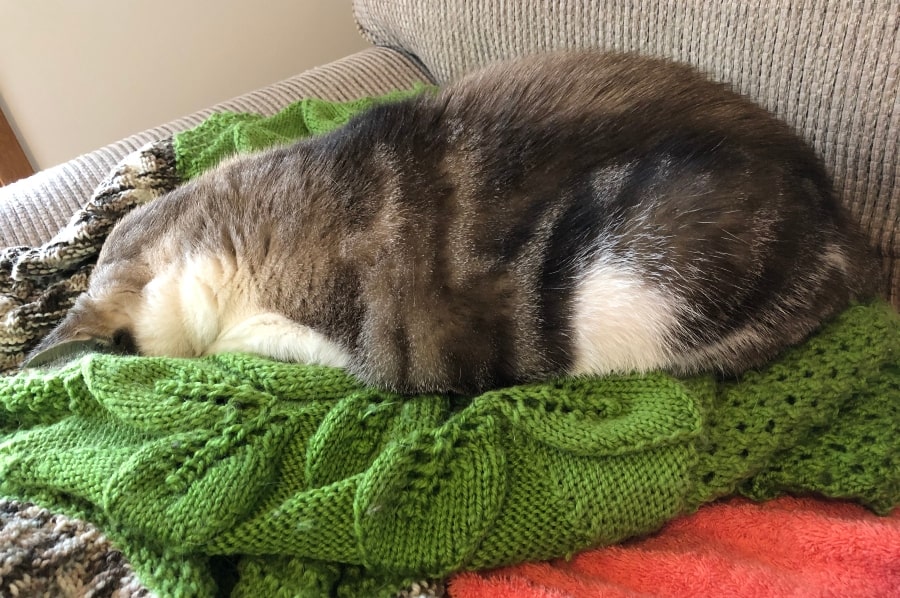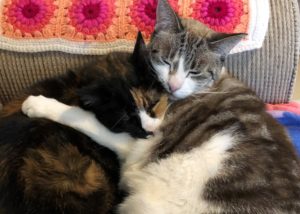From any difficulty in life, even one felt collectively on a global scale like Covid, there are always learnings to be found.
Here are my personal six main learnings from the past two or so years while this Covid pandemic thing has been going on.
1) Why (I think) we “panic buy”
If you watch any TV advertisement, there’s often a sense of urgency and scarcity. From watching ads out of curiosity, I found that phrases like, “For a limited time only”, “While stocks last”, and, “Hurry! Only [however many numbers of the thing] available!” came up an awful lot. Just writing down those phrases now makes me a little tense and as if I have to get ‘mine’ before someone else does – not a nice feeling.
And I think that’s the whole point.
This marketing tactic to cause discomfort and a scarcity mindset gets us to spend money and buy stuff (potentially stuff we don’t need or even really want in the first place). This is what I think is one of the many underlying factors prompting the ‘panic buying’ I witnessed.
We’ve been primed, from the way things are advertised to us, to believe that there isn’t enough for everyone and things may run out. These beliefs lead to a scarcity mindset.
This translates in grocery stores to stockpiling, just in case. Buying more than we would ordinarily buy, just in case. Fighting other people for toilet paper, just in case.
There are probably multiple other reasons why this goes on too in depth for a blog post, this is just my two cents.
2) Mother Nature’s wisdom
From the stories I heard while lockdowns were in process in various places all over the world, it seemed as though without human interference, the earth was healing.
With humans basically locked up unable to wreak havoc on the planet, Earth and her other sentient inhabitants were able to thrive and flourish.
What this teaches me is that we need to trust the wisdom of the earth to heal as she knows how to do. Yes, she may need some help from us at times, but sometimes taking a step back and not ‘doing stuff’ allows her to heal far better.
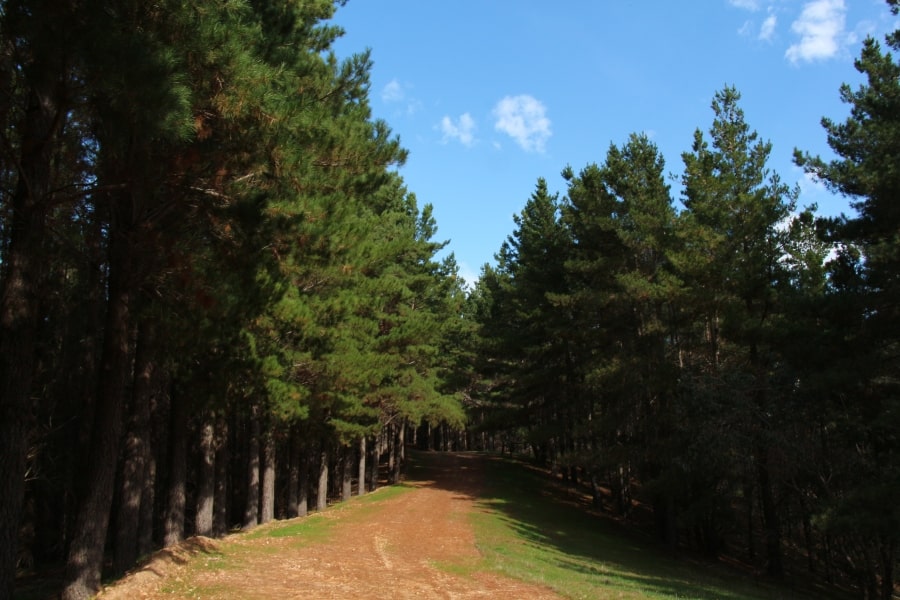
3) The veterinary profession is essential
With people being home so much with lockdowns and isolations and other whatnots, many of us felt the need to adopt a companion animal to keep us company.
But with more companion animals in our homes, there was a simultaneous rise in the amount of veterinary care required.
From what I’ve heard this has put an additional strain on the already very strained and stressful (but much needed and essential) profession, where rates of burnout, compassion fatigue and even suicide were already at an alarming level.
What this pandemic has brought to light for me is that the issues facing vets need to be addressed more than ever.
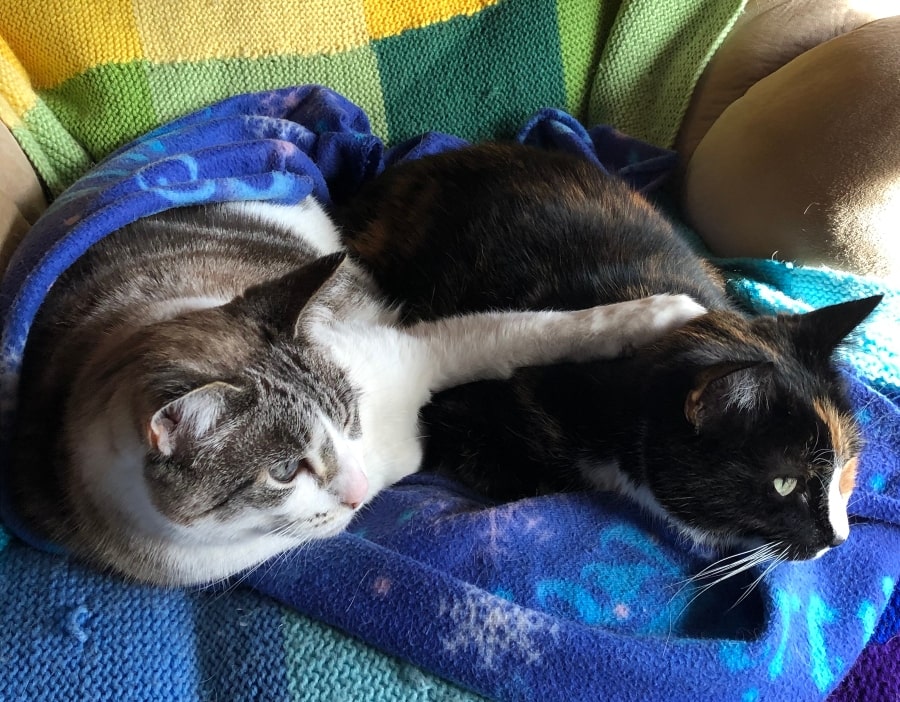
As well as being aware of the struggles and pressures that vets are facing, I strongly believe it’s also time to reconsider our relationship with animals more generally.
4) We need to reconsider our relationship with animals
In learning number three I used the phrase “many of us felt the need to adopt a companion animal to keep us company” – notice, this is for our benefit, not the animal’s benefit specifically.
If we continue to believe that animals are here for our benefit, rather than the other way around or even having a reciprocal relationship, then I believe our species is doomed.
In deciding to go vegan, I was most struck by how all of the harm and suffering we cause animals could be tied back to the way we regard animals and our relationship to them and the planet as a whole.
I’m not a scientist or medical professional, so I encourage you as I always will to fact check, but from my understanding Covid-19 is a zoonotic disease, one transferred somewhere along the line from animal to human.
Regardless of how exactly this pandemic really started, I believe the underlying cause of Covid is the way we as humans treat animals, often regarding them as things rather than beings.
If you’re interested, here’s a related interview with Jane Goodall.
If we’re ever going to heal ourselves, then we need to think about other sentient beings differently, and heal our relationship with them. They’re not here for us to use and abuse as we please, or decide what happens to them depending on cultural norms.
They’re here to live their lives just as we are. They have hopes and the desire to live without unnecessary suffering, experiencing the full range of emotions just like us.
It’s time to stop thinking of ourselves as so superior (I mean really, no other species on the planet burns through resources with such disrespect for our home than humans, so are we really that intelligent? Sometimes I think of humans as entitled teenagers trashing a beautiful home, expecting someone else to clean up after us), and start respecting Mother Nature and the other sentient animal beings that share this planet with us.
The future of humans depends on this. The planet could probably do just fine (and possibly do better) without us.
5) We are impatient and waiting/stillness averse
When my partner and I were required to get a PCR (polymerase chain reaction) Covid test from a busy drive-through testing site, we took a banana and bottle of water each – my partner’s friends had told him that they had waited four or six hours to get tested, so to be prepared.
I was prepared for a few hours, but I wasn’t prepared for waiting in the queue for 10 hours and 38 minutes (I timed it).
On a side note, this is a fantastic relationship test for anyone interested: if you can sit in a car for near 11 hours with your significant other and not have it end in tears or some kind of incident or breakup, then I think you have a solid relationship.
So there we were waiting in the car, and me being me I searched for the learnings. And I found them.
We are generally a waiting-averse and rushed society, often wanting to be ‘there’ when we’re ‘here’.
Medication advertising plays on the idea of popping a pill so that whatever you’re dealing with doesn’t ‘get in the way’ of you living your life. It occurs to me that any physical symptom I experience is for this very reason, because I need to slow down and rest, because maybe I’ve been going too fast or in the wrong direction.
Most of us are so impatient and see stillness or pausing as an uncomfortable inconvenience rather than a necessary component of living a full life.
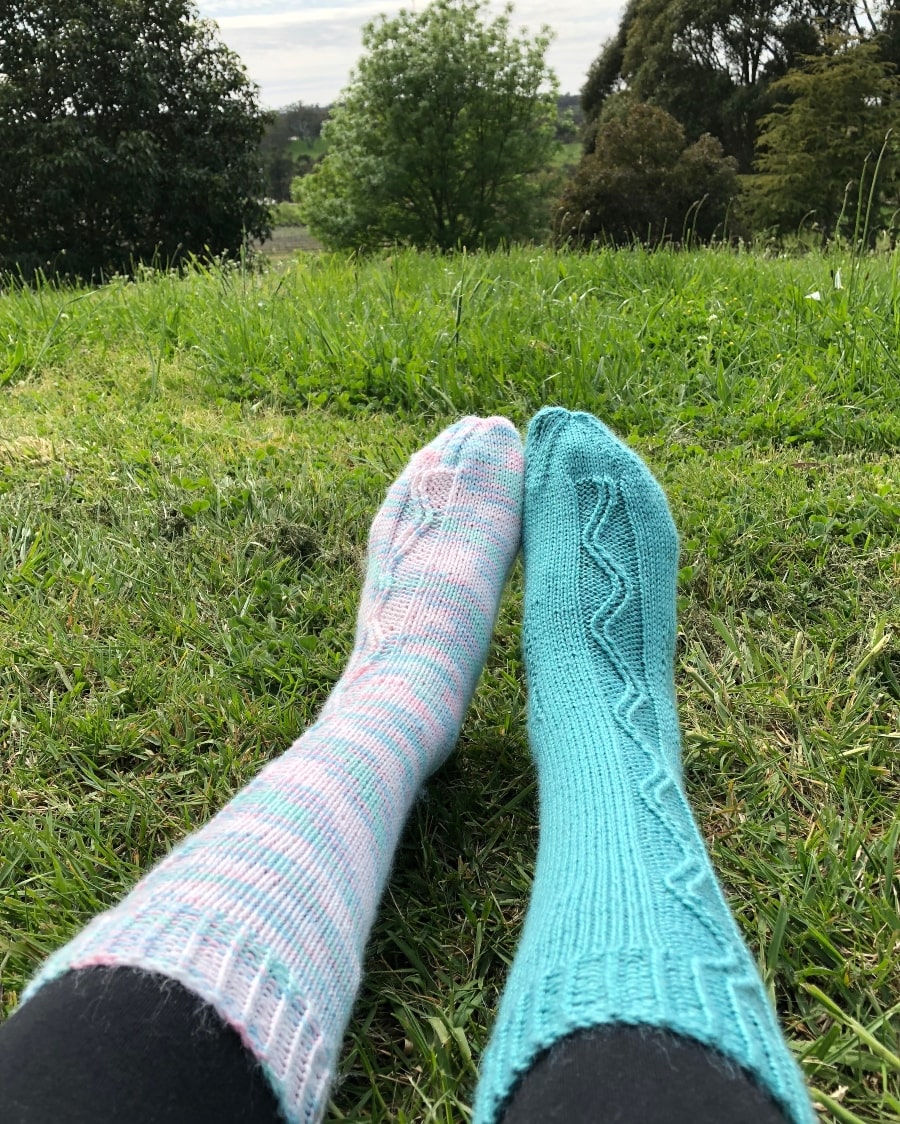
6) Introversion is a gift
Being an introvert in a society where extroversion has historically been lauded and synonymous with desirable traits such as friendliness, outgoingness and sociability, while introversion has been shunned and synonymous with so-called undesirable traits such as being unfriendly, aloof and distant, socially inept, and a loner has never been easy for me.
I generally prefer my own company, or the company of animals and a good book. I love reading, writing, learning, gardening or walking in nature, mostly solitary pursuits: those are the things that light me up. I’m a homebody!
So when it came to lockdowns, being ‘forced’ to stay at home, I found that I and many other introverted homebodies I talked to thrived. Personally, my mental health improved, my anxiety was way down, and my productivity on the things that mattered to me increased.
I also found it beneficial to have that space from the near-constant message from society that I needed to get out more and work outside of the home rather than from home, and the pressure to be social when I didn’t really want to be.
With the time to pause and reflect, I was also able to pin down why I’m here on the planet.
Over to you!
What else has this pandemic taught you? Is there anything I’ve written that you’d like to have a further discussion about?
Feel free to contact me at [email protected]! I’d love to hear your quiet and valuable thoughts.
Stay safe, stay healthy, and look after each other,

P.S. For extra content, updates and other good stuff, feel free to join The Quiet and Curious folk community by signing up to the email newsletter below:

